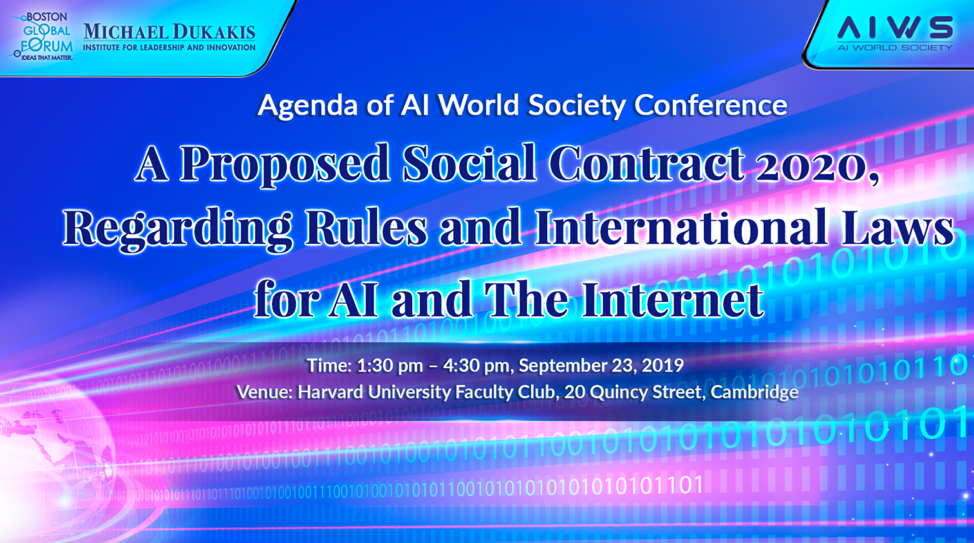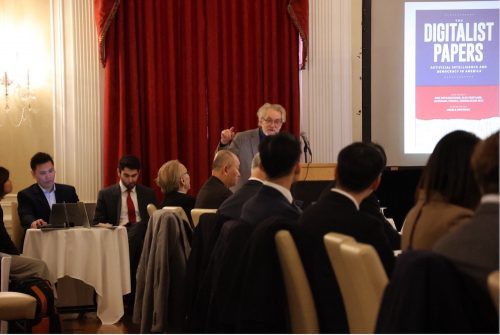Artificial intelligence (AI) has the potential to do what humans can do. AI-enabled tools or solutions have the ability to process data as humans do. There are many benefits in deploying AI. We can now diagnose diseases, drive cars, and even identify criminals using AI solutions. But what are the ethical considerations in using AI? What are the developers’ ethical obligations in developing intelligent machines that will work alongside human beings? And how has Singapore’s Model AI Governance Framework developed since its initial launch in 2019?
Singapore launched a Model AI Governance Framework (the “Model Framework”) in January 2019 at the World Economic Forum in Davos. A year later, the second edition of the Model Framework was published, incorporating experiences of organisations that have adopted AI and feedback received from leading international platforms. The second edition of the Model Framework provides clearer and more effective guidance for organisations to implement AI responsibly.
The Model Framework focuses primarily on four broad areas including internal governance structures and measures, human involvement in AI-augmented decision-making, operations management and stakeholder interaction and communication.
While every AI implementation is different and the considerations vary widely, understanding the possible ramifications and identifying all the relevant stakeholders is critical to this process.
It’s our responsibility to ensure that AI is created ethically and maintains ethical standards. Prioritizing an ethical approach in the design and implementation of AI is an important first step toward building the technology of the future.
The original article was posted here.
The Boston Global Forum (BGF), in collaboration with the United Nations Centennial Initiative, released a major work entitled Remaking the World – Toward an Age of Global Enlightenment. More than twenty distinguished leaders, scholars, analysts, and thinkers put forth unprecedented approaches to the challenges before us. These include President of the European Commission Ursula von der Leyen, Governor Michael Dukakis, Father of Internet Vint Cerf, Former Secretary of Defense Ash Carter, Harvard University Professors Joseph Nye and Thomas Patterson, MIT Professors Nazli Choucri and Alex ‘Sandy’ Pentland, and Vice President of European Parliament Eva Kaili. The BGF introduced core concepts shaping pathbreaking international initiatives, notably, the Social Contract for the AI Age, an AI International Accord, the Global Alliance for Digital Governance, the AI World Society (AIWS) Ecosystem, and AIWS City.











